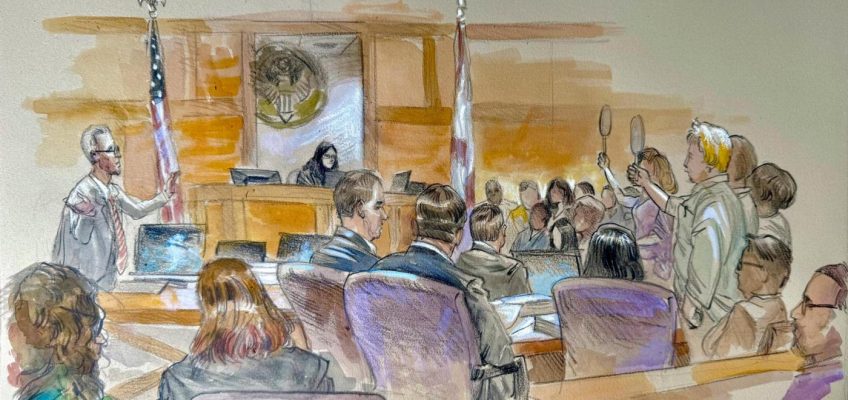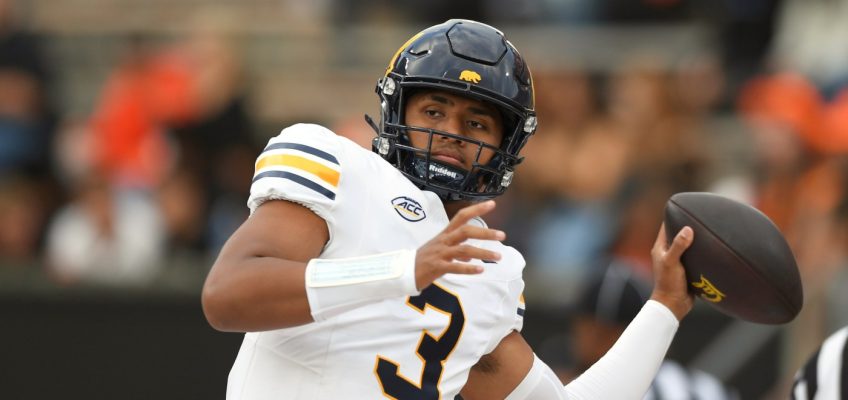Forty percent of baby boomers fear they will outlive their retirement savings. Several recent studies suggest they are right to worry.
Seniors in 41 states are projected to have more expenses than income during their golden years, putting them at risk for outliving their retirement savings, according to a new study by Seniorly, an assisted living online marketplace. The amount they’re missing, on average, over the course of their retirement years: $115,000.
In California, the gap between projected income and expenses for retirees is far higher: $337,000.
Along with the Golden State, three other states — New York, Hawaii and Alaska — have the nation’s highest retirement gaps, where people’s income likely can’t keep up with expenses. That’s no surprise: All are places with high costs of living.
But states with a lower cost of living didn’t necessarily mean a better financial situation for their seniors, in this analysis. Mississippi, for example, is second the cheapest to live, according to Seniorly’s findings, but it ranks No. 12 for a retirement gap. Its retirees need $162,000 in retirement savings to match their expenses over the course of retirement. That is almost $50,000 larger than the national average gap. West Virginia and Alabama are in a similar position, with some of the nation’s lowest costs during retirement, but savings so low they create a gap.
The study also found that retirees in some states are likely to have money left over when they die, also known as having a financial surplus. The greatest surplus: Washington.
The big picture: not saving enough
The study looked at “what they’re projected to spend during retirement and what they’re likely to bring in from Social Security, savings and investments,” Christine Healy, Seniorly’s report author, wrote.
On average, the study found that people are likely to live 18.2 years past 65. To fund their needs and wants in that almost 20-year span, Americans have saved, on average, $762,000. Expenses are projected to be $877,000, leaving a $115,000 gap across all states and the District of Columbia.
Seniorly pulled data from government sources and analyzed life expectancy at age 65, income, net worth and cost-of-living metrics by state, by using data from the Centers for Disease Control, U.S. Census, Bureau of Labor Statistics and the Social Security Administration.
California’s high medical and housing costs in particular tap retirement income, the report said.
One more reason people are likely to outlive savings: longevity.
“States with higher life expectancy are more likely to outlive savings: At age 65, Hawaii seniors can expect to live another 20.6 years. Despite having the highest income of $1.32 million, Hawaii was the No. 2 most likely state to outlive savings, due to a combination of longevity and high expenses,” the report found.
Mississippi, West Virginia, Alabama and Louisiana, with the country’s lowest life expectancy according to the CDC, all have retirement gaps higher than average.
Retirement cushions
The outlook is rosier in nine states, where retirees are expected to have surplus savings.
Washington: $146,000
Utah: $121,2000
Montana: $43,000
Colorado: $38,000
Iowa: $32,000
Minnesota: $23,000
Maryland: $13,000
Kansas: $8,000
South Carolina: $2,000
The sound financial health of retirees in Washington state is “driven by relatively high projected income and moderate expenses,” the report says.
Washington’s monthly health insurance premiums, in one study by Value Penguin, an insurance trade publication, were lower than average — $543. The state’s housing prices, though, are on the higher side compared to the U.S. average.
Minnesota, Utah and Washington hit two high notes. Their retirees are likely to have a financial surplus, and they have among the longest life expectancies in the U.S., ranking in the top 12.
State by state
Are places with smaller gaps or with retirement income surpluses necessarily better places to retire? That is not an obvious conclusion.
The study yields some thought-provoking juxtapositions between cost of living, expected earnings and longevity.
In Hawaii and New York, residents are projected to have higher than average retirement incomes, but higher than average expenses or longer lifespans due to things like diets and access to health care may mean those nest eggs won’t last long enough.
In Georgia and South Carolina, incomes in retirement are less than half those in retirees in Washington and Hawaii. But people in these southern states are expected to enjoy a savings surplus — albeit a very small one for South Carolina. This cushion could be due to lower costs and lower expenses, but also lower lifespans, meaning people there may have fewer years to work through their savings.
Yet in other states, such Mississippi, Louisiana, Alabama and West Virginia, some of the nation’s shortest lifespans and lower costs of living still leave a gap, where people may outlive their savings, because incomes are also lower there.
New York’s retirees have lower projected incomes than average, $670,000, but some of the nation’s highest expenses, $1.12 million, which explains why it ranks No. 1: $448,000 gap between income and expenses.
States where retirees are expected to enjoy a financial surplus — meaning their projected income will likely be greater than their expenses — tended to have retirees with some of the highest incomes.
One more takeaway from the report:
“Despite its poor overall ranking, seniors in No. 50 Hawaii actually have the biggest financial cushion in the country, with a projected income of $1.32 million over their retirement years,” Seniorly’s Healy wrote. “At the other end of the spectrum, seniors in No. 43 Louisiana and No. 40 Mississippi have the smallest nest eggs, with projected retirement incomes of just $479,000 and $488,000, respectively. No. 35 West Virginia, No. 41 Arkansas and No. 36 Alabama are also near the bottom, with projected incomes of $526,000 or below.”
Not worried enough?
Northwestern Mutual conducts an annual survey about retirement progress and attitudes. It recently found that Americans think they will need $1.26 million to retire. With that goal in mind, it found out how confident different generations are that they will hit that target.
Baby boomers were most confident: 40% said they do not have saved enough for retirement.
Gen Z were slightly more concerned, with 51% answering they will somewhat or very likely outlive their savings.
Millennials and Gen Z respondents were most worried, with 57% and 56% respectively answering they fear they’ll outlive their retirement savings.
“Meanwhile, more than a third (35%) of Americans say they have not taken any steps to address that potential outcome,” the Northwestern Mutual study found.




